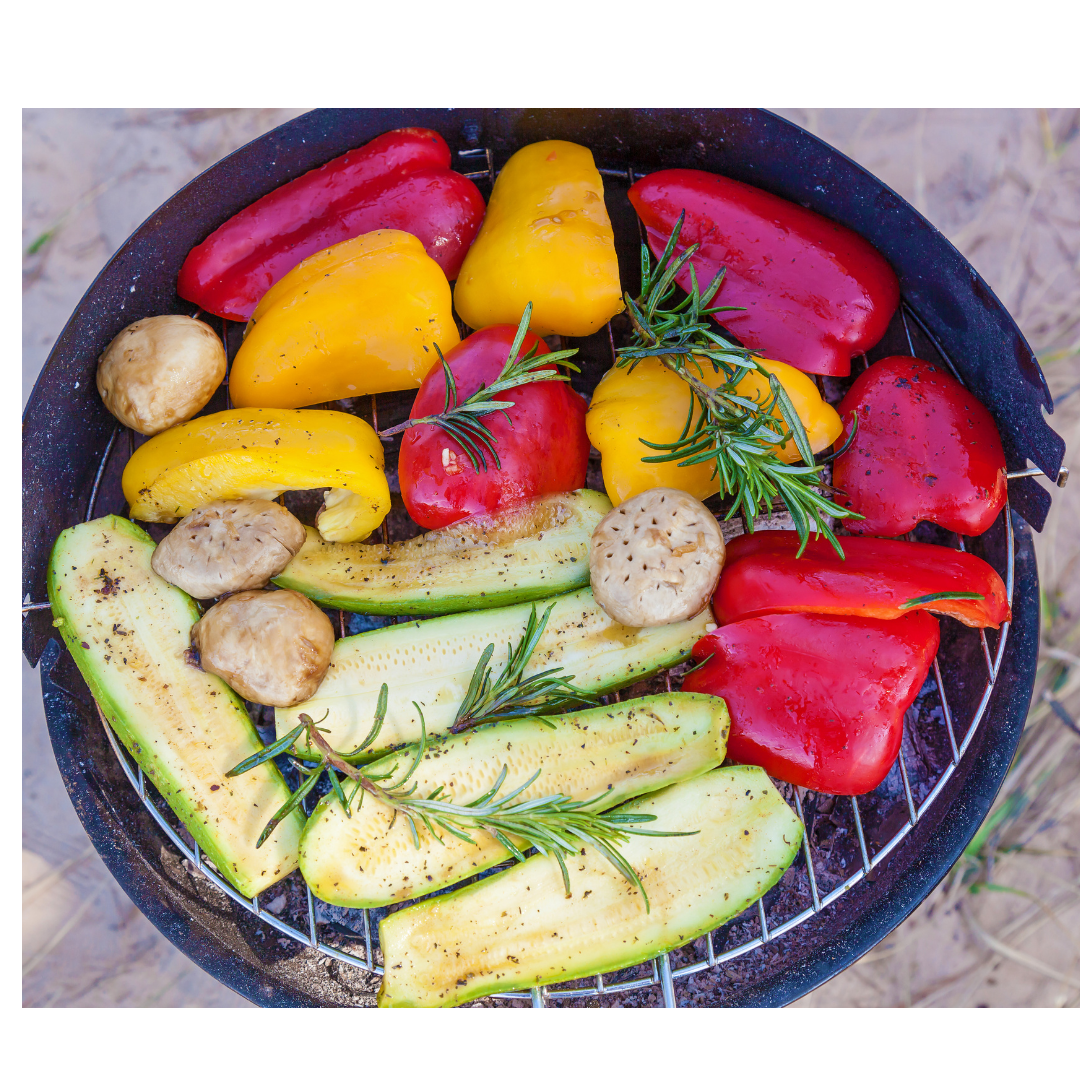
Food Preparation and Toxicity: Grilling
Food Preparation and Toxicity: Grilling
Nancy A. Palermo MD
There is a lot more attention on our food sources and the type of food we eat. We are recognizing the importance of organic, minimally processed foods and their roles in health and disease prevention. It turns out how we cook these foods plays an equally important role.
When the weather is favorable many of us cook meals on our outdoor grill.
While small amounts of grilling are acceptable research has suggested that meats may form carcinogenic chemicals called heterocyclic amines (HCAs) and polycyclic aromatic hydrocarbons (PAHs) when charred or cooked over high heat. Animal studies have shown these chemicals can damage DNA, lead to free radicals and potentially increase the risk of cancers. While these studies were conducted on animals there is enough evidence to suggest the same risks are present in humans. HCAs are associated with an increase in breast, colon, liver, skin, lung, and prostate cancers.
HCAs are formed when amino acids and creatine react at high temperatures. When they combine they form heterocyclic amines or HCAs. PAHs are formed when fat and juices from the meat grilled over a heated surface or open flame drip onto the surface or fire causing the production of smoke. The smoke, containing the PAHs then adheres to the surface of the meat. The same process can occur in the smoking of meats.
There is no reason to toss the grill or cancel your cookout. Small amounts of grilled meat are fine to consume and there are also steps you can take to improve the healthfulness of the grilled meats.
- As always buy organic meats and avoid processed meats. When using red meat always buy grass-fed organic. It is best to pick leaner cuts so there is less fat to drip and form carcinogenic smoke or PAHs.
- Microwaving the meat for 2 minutes before putting it on the grill can reduce the production of HCAs by 90%.
- While HCAs can form on any meat, seafood and chicken appear to form less. Grilled vegetables do not form HCAs or PAHs.
- Marinating meats for at least 30 minutes or longer appears to reduce the formation of PAHs and HCAs. In fact, marinating meats for 2 hours reduces the formation of HCAs by 92-99%. Adding spices, herbs and citrus to the marinades provide antioxidants that reduce the formation of HCAs and PAHs when the meat is cooked. Marinate meat (beef, pork, chicken) for at least 2 hours and seafood and vegetables for one hour.
- Flip meats often so they do not get charred. Avoid overcooked or well-done meats.
- Serve the grilled meats with extra servings of fruits and vegetables to add antioxidants to the meal.

